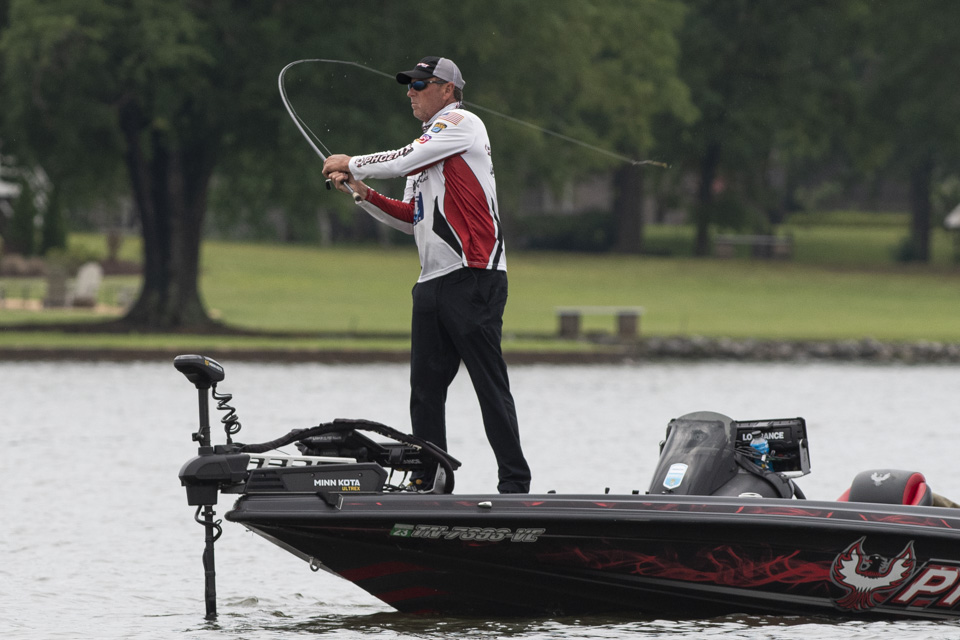
I’ve been on the fence about forward-facing sonar (FFS) as I try to ponder its benefits and drawbacks to the sport.
I’ve used it a lot over the last three or four years and have gotten pretty good with it. It has definitely paid off in some tournaments.
Even so, I’ve straddled the fence on the topic for a number of reasons. I struggle with how it could help or hurt the future of the sport or the impact it could have on our fisheries.
But you know what? It doesn’t matter what my personal feelings are. I’ve come to a conclusion: It’s here to stay.
If you want to be a competitive angler, you better get on board because it’s not going anywhere.
That was pretty evident when MLF and B.A.S.S. announced they will allow it again next year – with some limitations. I applaud them for taking some action while they continue to monitor its impact on the sport.
However, that also means if you fish Bassmaster or MLF events, you better have it strapped on your boat.
The guys who are bellyaching about it better accept the fact that, like it or not, being consistent throughout a season without it is going to be very difficult.
Does it make that much of a difference? A few weeks ago I went to the St. Lawrence River along with another angler who didn’t have it on his boat. We ran into Lake Ontario and spent the day testing to see if it really made a difference. We took turns fishing from my boat that had it and his that didn’t.
The difference was huge. The guy fishing without it was watching 2D sonar and casting around the boat.
The other guy was flat-out smashing the big smallmouth! It was overwhelming.
I realize comparing that fishery with inland waters and reservoirs may not be fair, but it definitely exemplifies the impact the technology has.
On other lakes, especially those that are heavily pressured during a tournament week, learning to use it is only the first step. As more anglers adapt and use it, the fish become harder to catch because of the pressure.
It’s not much different than if you have three or four anglers beating the same bank in a multiday tournament. That’s when the anglers with the most experience with the technology rise above those who are just learning.
This is why I highly recommend inexperienced FFS anglers spend time on the water learning the little nuances of offshore bass — how they react to the technology and how to get them to bite when they are spooked. I can assure you that the anglers who have embraced the technology know how.
Keep in mind that pressure on those offshore fish will come from non-tournament anglers as well. We’re already seeing prices of the technology come down, and it’s going to become more affordable in the future.
And what about the future? I have no inside knowledge, but I’m convinced that there will be far more effective technology coming that tournament groups may have to deny.
Meanwhile, I’ll remain conflicted as to whether this one-dimensional FFS fishing tactic is good for our sport. In the short term, more kids are getting into the sport with FFS and love it. That youth movement is a good thing.
But long-term? I don’t know. I certainly hope it is a good thing for those of us who depend on competitive bass fishing as a big part of their livelihoods.





